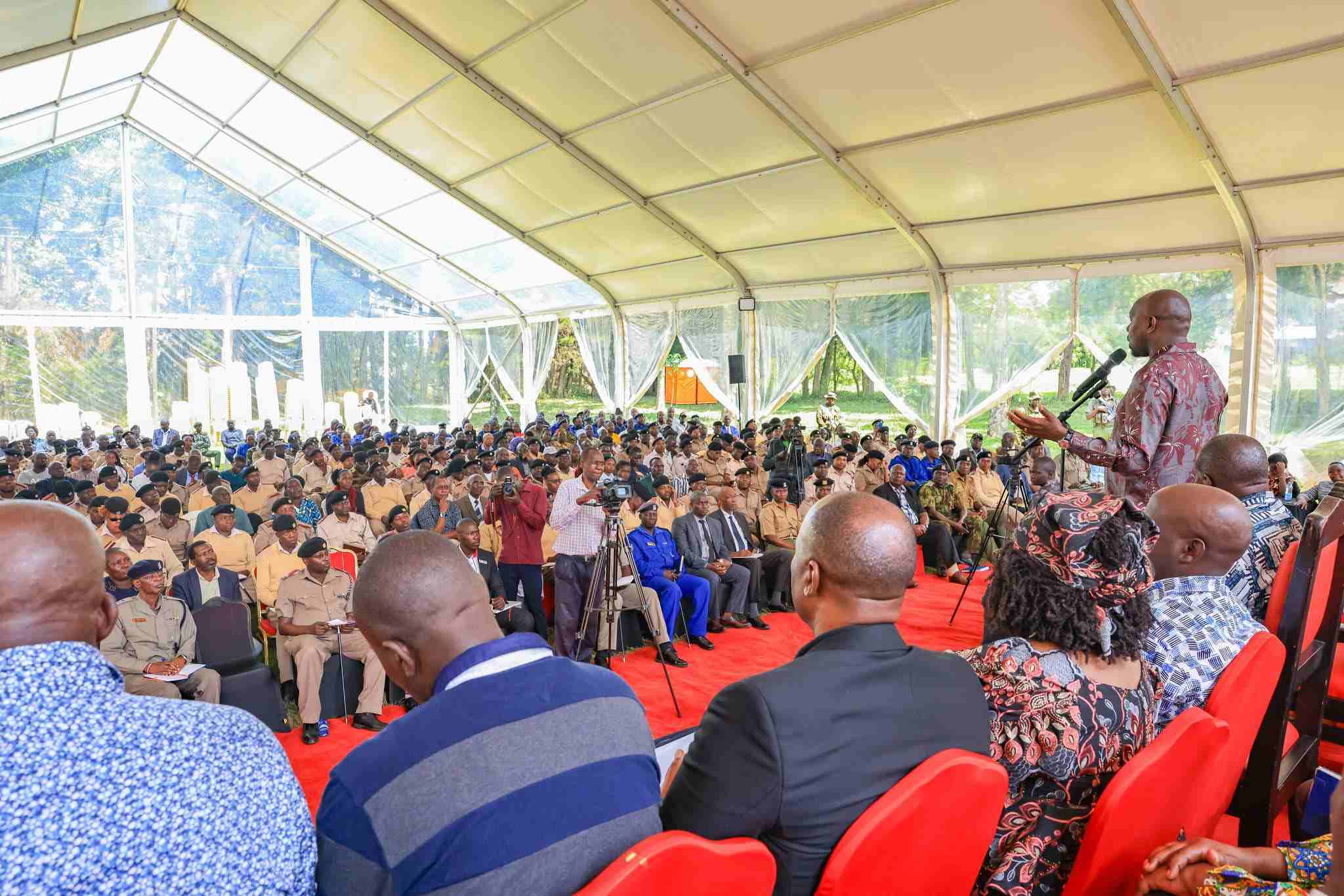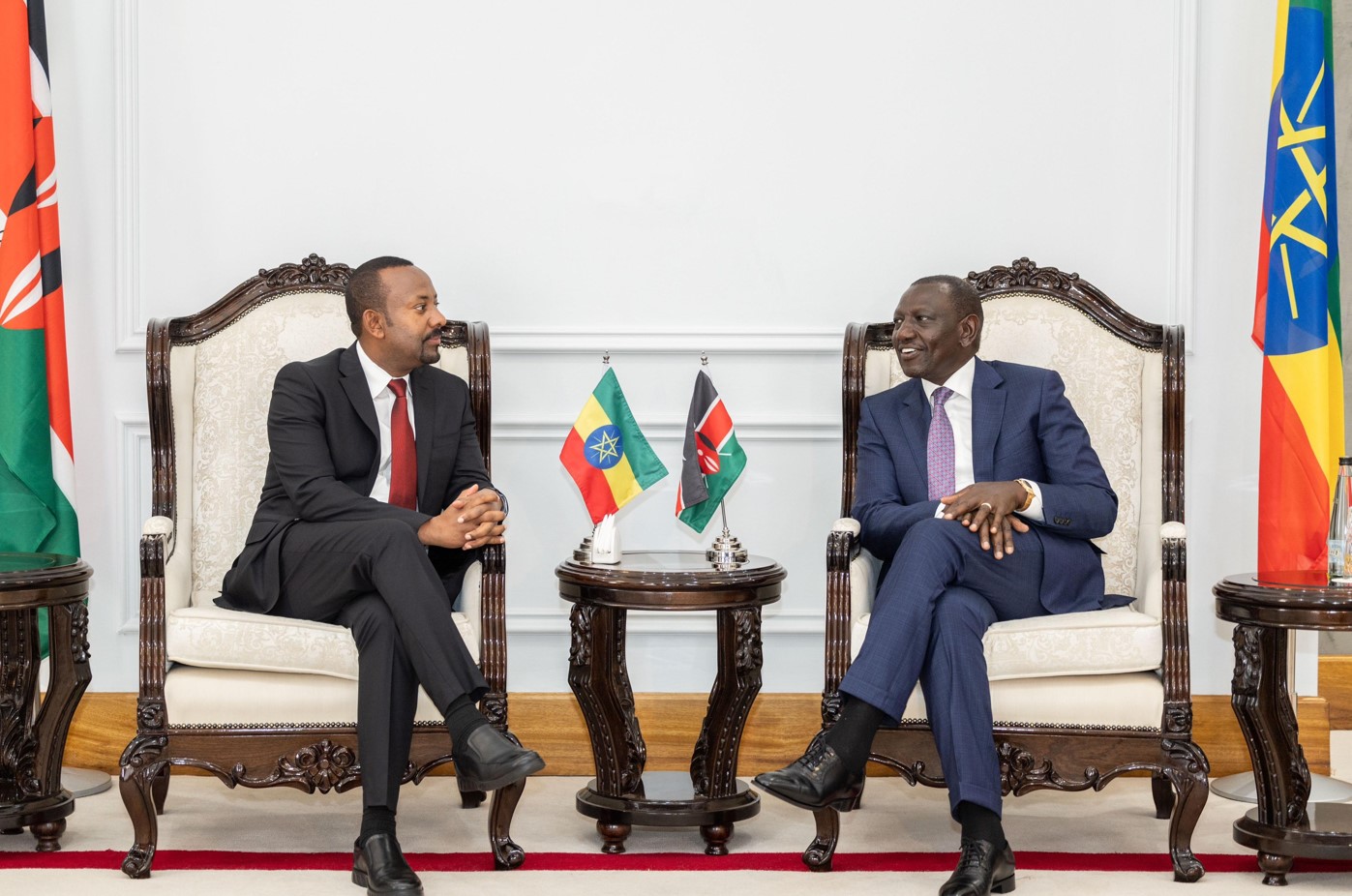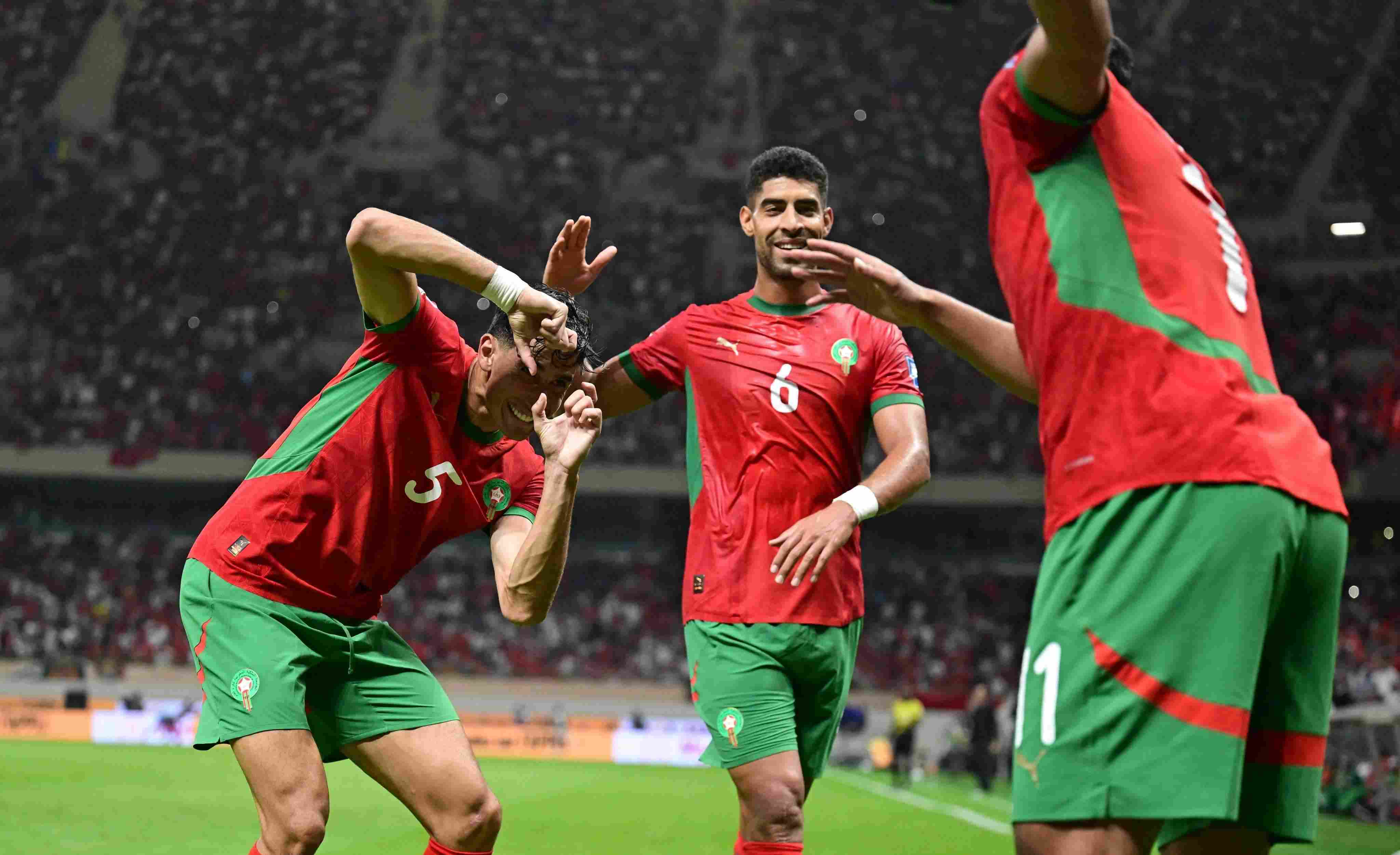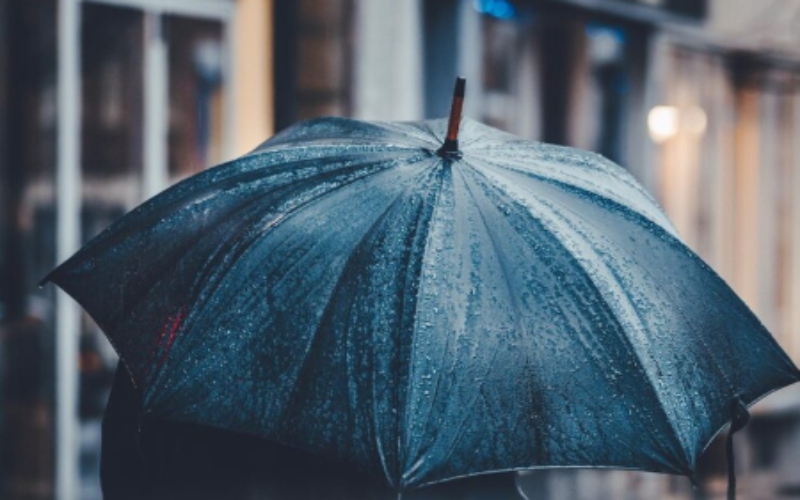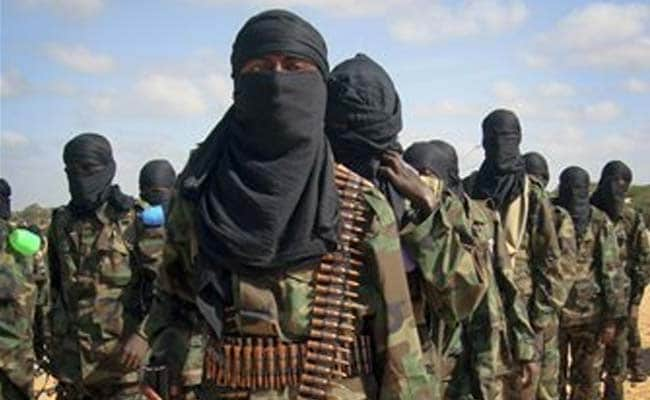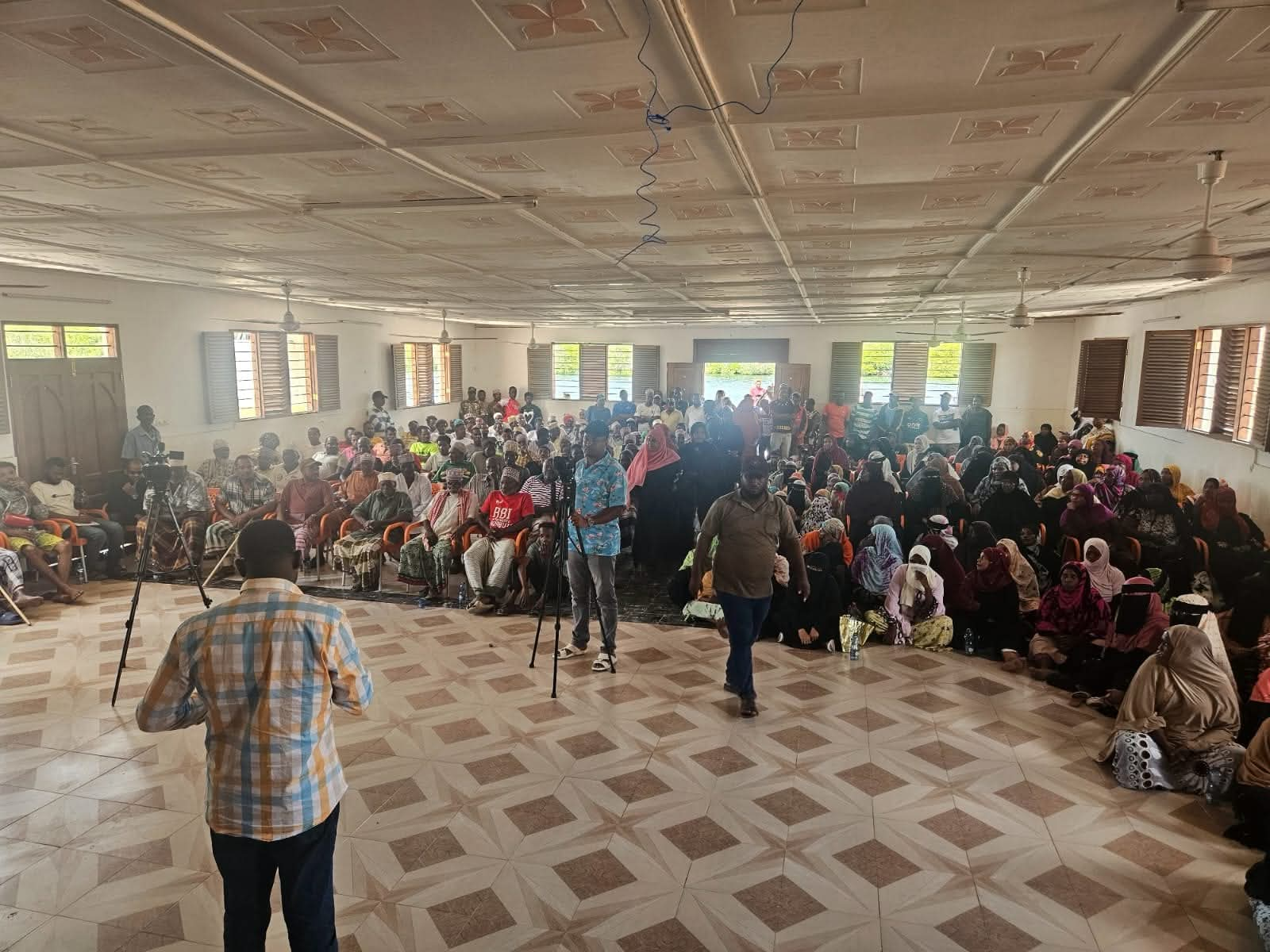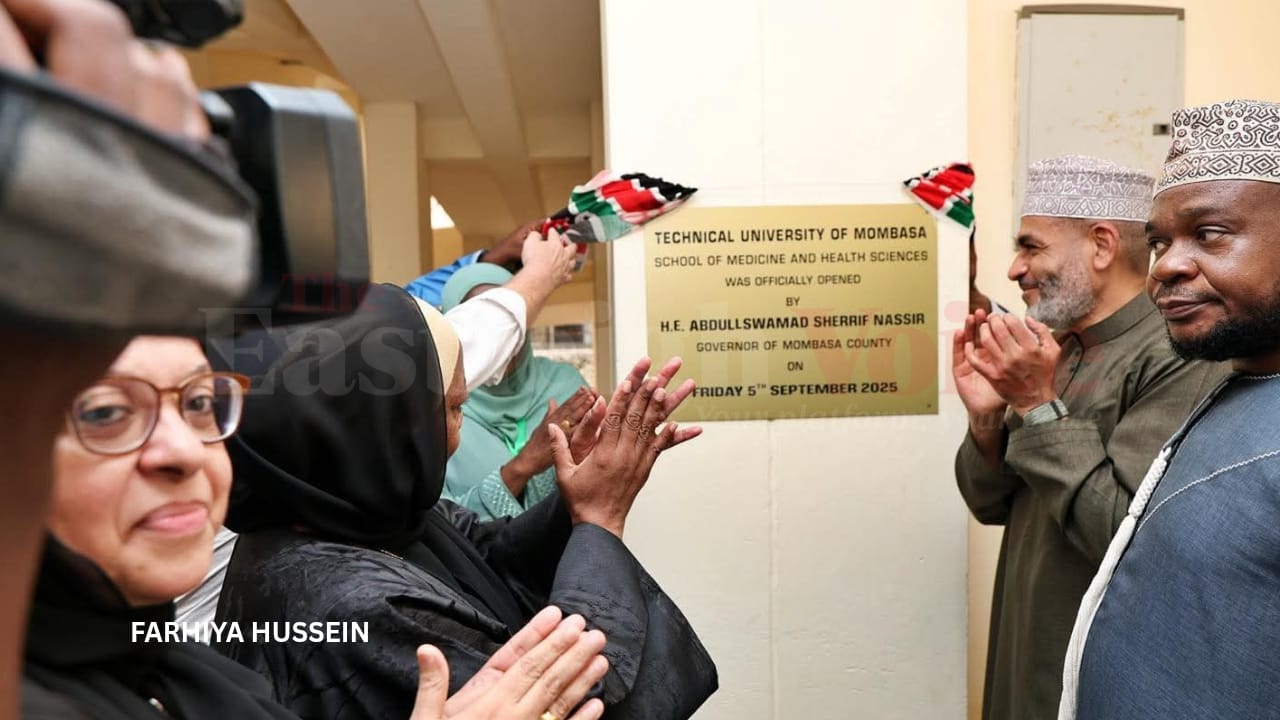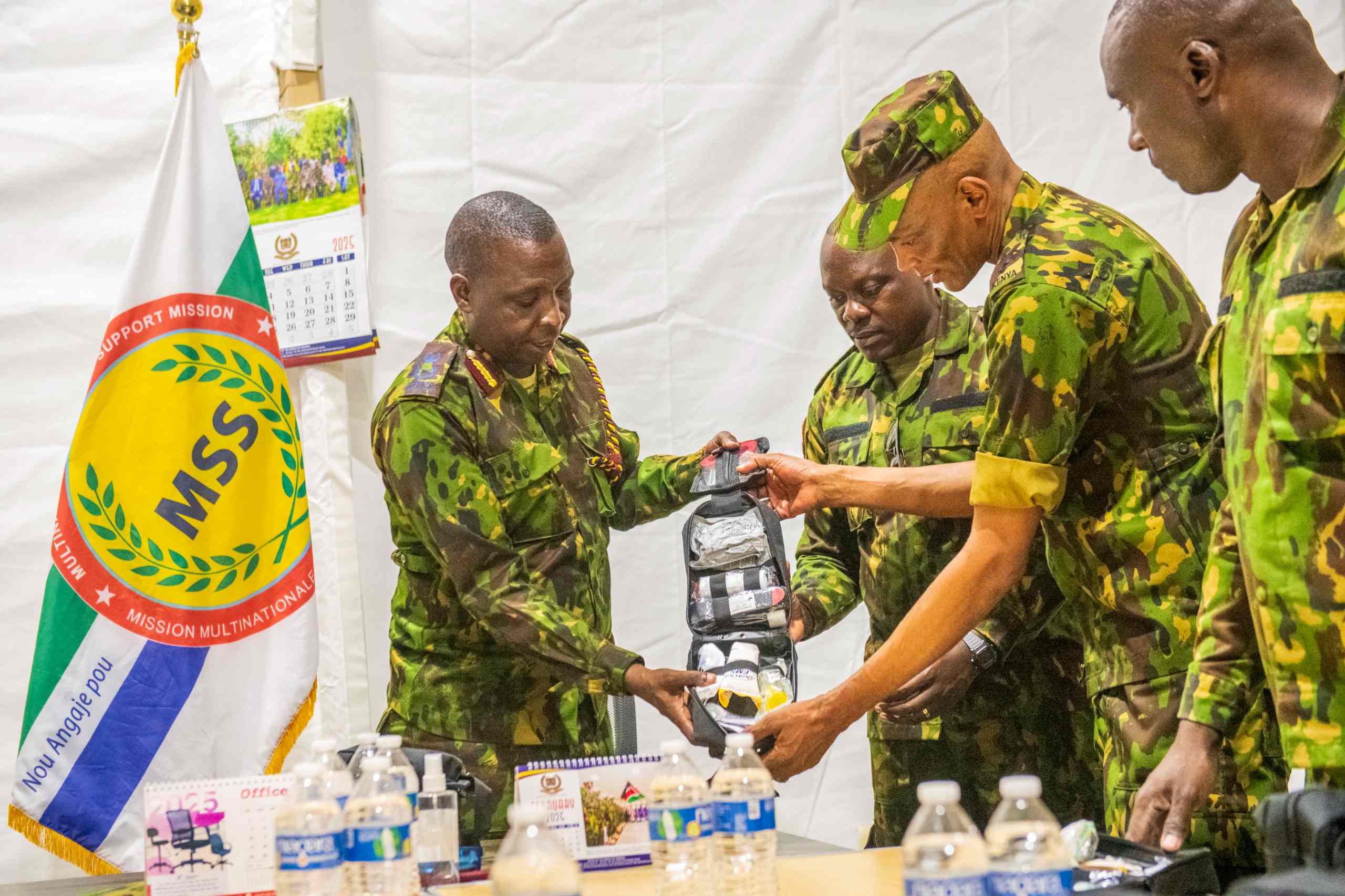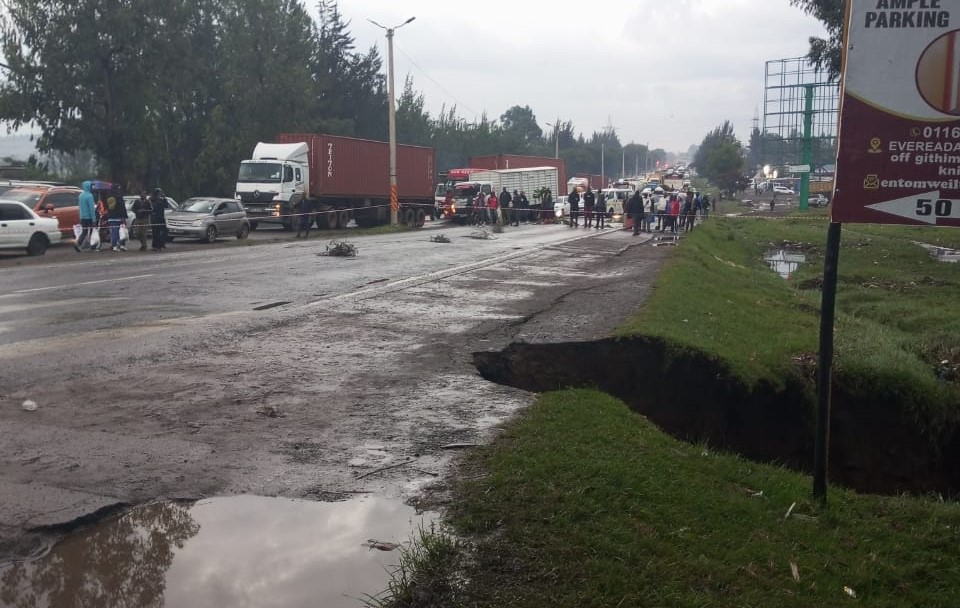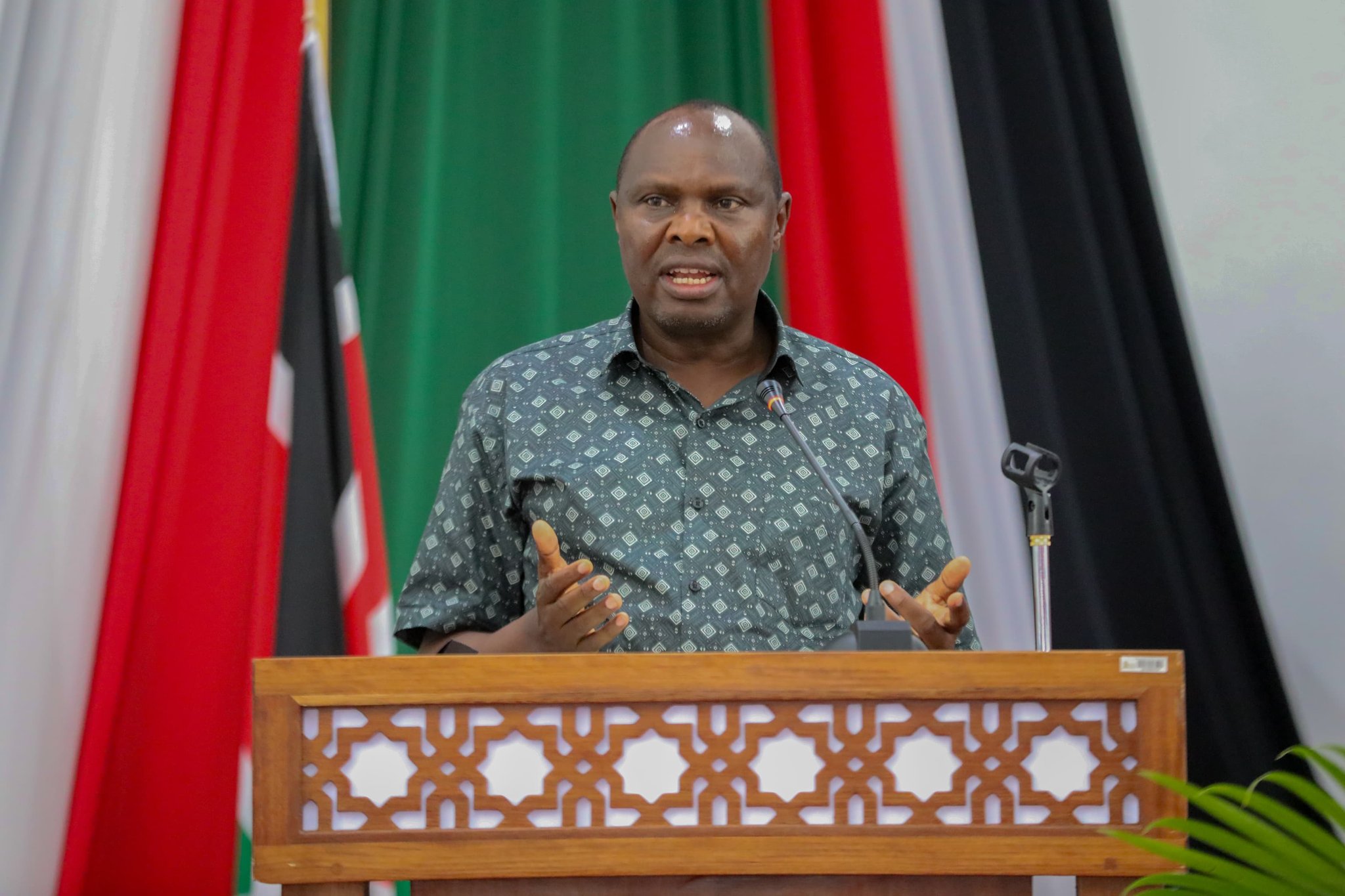Protest victim families demand justice, not just payouts, from compensation panel
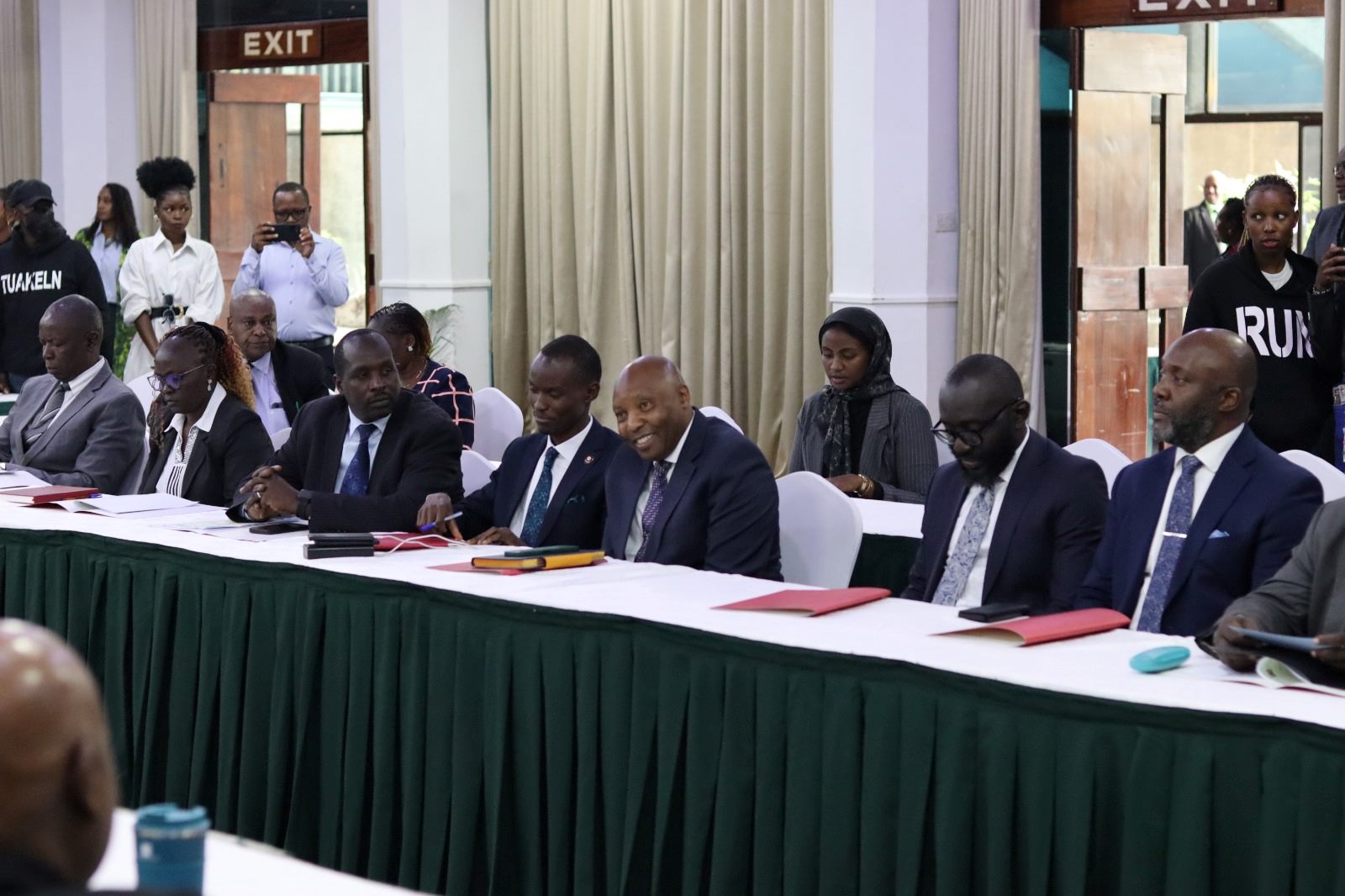
The grieving families told the Panel of Experts on Compensation of Victims of Demonstrations, Public Protests, and Riots that accountability for police actions and access to counselling must form part of the process.
Families of victims of demonstrations have demanded justice and meaningful compensation, insisting that financial payouts alone are not enough.
Speaking during the first official session, the grieving families told the Panel of Experts on Compensation of Victims of Demonstrations, Public Protests, and Riots that accountability for police actions and access to counselling must form part of the process.
More To Read
- MCK slams attacks on LSK president Odhiambo as unfair and unfounded, urges media to exercise fairness
- Kenyans demand justice as protest victims’ compensation panel sworn in
- MP Babu Owino demands Sh23 million minimum compensation for families of protest victims
- Why we declined to be part of victims' compensation panel - Activists Hanifa Adan, Hussein Khalid
- Petition filed to stop Ruto's compensation framework for protest victims
- KHRC calls for disbandment of Ruto’s protest victims compensation framework
Josinter Anyango, the mother of 12-year-old Kennedy Onyango, who was killed in Ongata Rongai on June 27, 2024, urged the panel to ensure payouts make a tangible difference.
“Compensation should be something that can at least change life. It can’t bring Kennedy back, but it should change our lives. I should at least be able to do what Kennedy would have done for me. I am now left with two children who have sickle cell,” Anyango said.
Kennedy, Anyango’s third-born child, was in Grade Eight when he was shot near their Rongai home. Footage of him lying on the ground and later being ferried to the hospital on a motorcycle circulated widely on social media, shocking the public.
His mother emphasised that justice must go hand in hand with financial support.
“That is what I see as the most important justice to me: to see a police officer arrested and punished rather than be at work while we are being paid. It will be like they are killing while we get money,” Anyango added.
Other victims’ families echoed her call, highlighting the need for counselling. A widow who lost her husband to a police bullet lamented that she has suffered immense trauma and continues to be haunted by fear whenever she sees someone holding a gun.
She said most victims did not receive counselling and have endured severe emotional and physical suffering.
“I got a lot of trauma, to the extent where if I see someone holding a gun, I just see death. Most of us didn’t undergo counselling. We suffered a lot—emotionally, physically. In my case, it’s the emotional suffering that refuses to go away. If I could get something like counselling, I’d be happy,” she said.
The 19-member panel, chaired by Prof Makau Mutua, was officially sworn in on Thursday and began its work at the Kenya School of Government. Prof Mutua said the team will prioritise engaging directly with families.
“We will engage citizens across the country. We will meet with victims, as we did yesterday at KICC. The people own this process,” he said.
Law Society of Kenya president Faith Odhiambo, who is also the panel’s deputy chairperson, pledged accountability in her role.
“Should my efforts be frustrated or undermined in any manner whatsoever, I remain prepared to do the honourable thing in fidelity to the rule of law and the Constitution of Kenya,” she said.
Odhiambo has, however, faced criticism over her decision to take up the role on the panel, with some observers questioning her commitment to principles she previously upheld. Critics note that she once rejected state appointments on principle but has now accepted a government position she had accused of impunity.
A section of lawyers has now called for her resignation from the Law Society of Kenya, arguing that her involvement undermines the independence of the society. The backlash extended to social media, where netizens accused her of compromising her integrity.
She, however, defended herself, maintaining that she has not betrayed public trust.
“As I take up this responsibility, let it be known that I have in no way betrayed your trust. The bloodshed by our comrades must not be in vain. No, I will not even take any prisoners in this cause,” she said.
The panel was established following a presidential proclamation on August 6 and gazetted on August 25. It has 120 days, until December 24, to deliver its final report to President William Ruto.
Its mandate includes addressing the legal, social, economic and cultural impacts borne by victims and their families. According to a press statement, the process seeks to “restore dignity, promote reconciliation, and support long-term societal healing.”
The team is also tasked with designing and implementing a framework to verify, categorise, and compensate eligible victims.
Top Stories Today
Reader Comments
Trending
